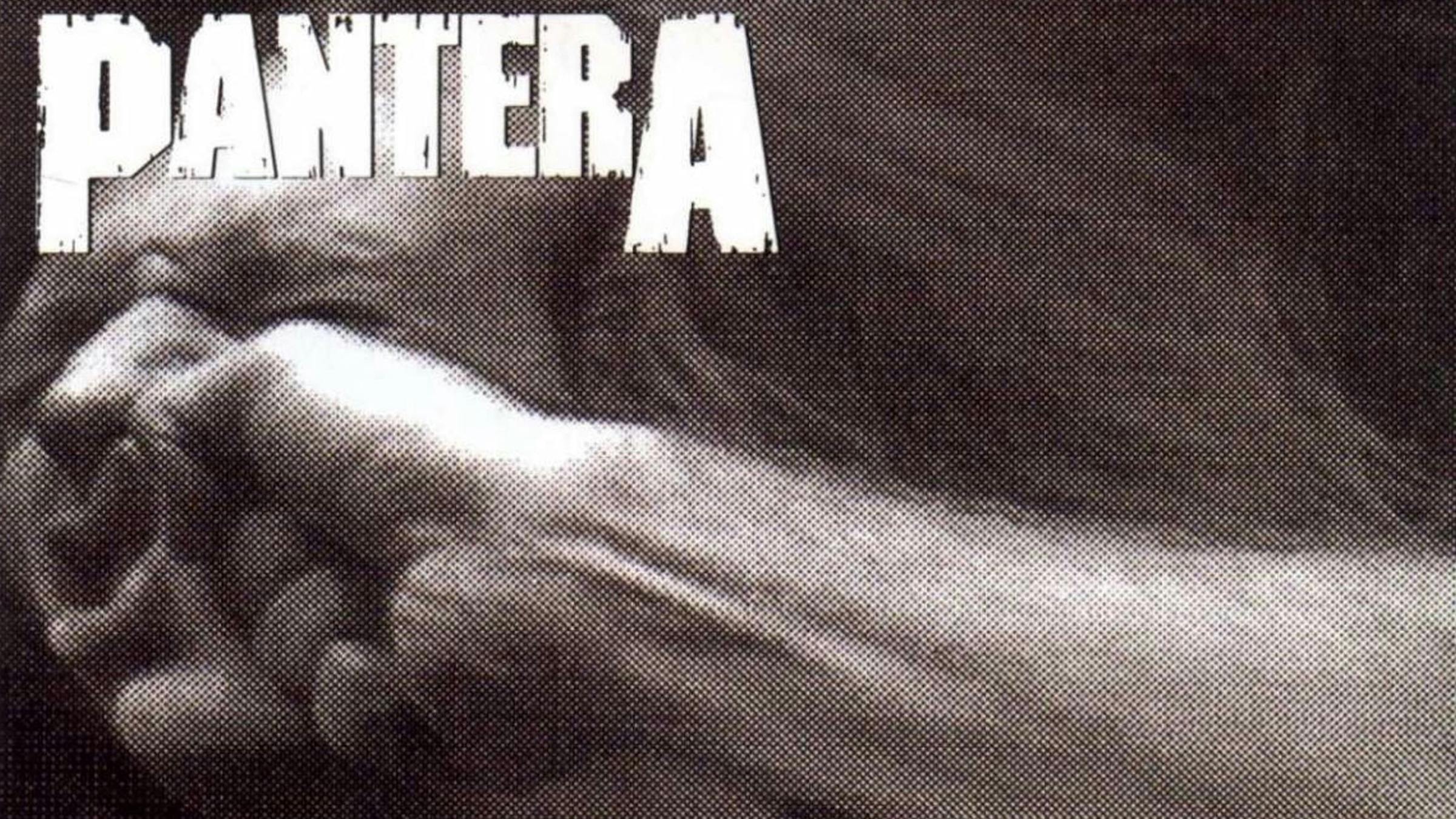Vulgar Display’s most notable addition to the metal at large was groove. Metal’s core musical roots will always lie in European classical music and American blues guitar, but by the end of the ’80s, bands had worked hard to sharpen their sound in reverence to the former rather than the latter. But the big, hip-swinging low-end power of Dimebag Darrell Abbott’s guitar brought a healthy dose of Southern rock back into metal, making the riffs land harder and feel more primal and human. It also cut out the middleman of acrobatic guitar playing, going straight for the gut; the central riff to Walk, arguably the catchiest metal song of all time, is just one note played twice but bent the second time. This simplicity blew away so much of metal’s self-important bullshit and focused on the raw power that drew people to Black Sabbath in the first place.
In this way, Vulgar Display seemed more relevant to the average metal fan than much of what came before it. So much of this is owed to vocalist Phil Anselmo, whose lyrics were angsty without being whiny and confident without being self-important; Phil’s delivery on Vulgar Display also sound inherently honest, more like those of a typical metalhead screaming his guts out than an operatic dynamo like King Diamond or Rob Halford. The album shows Pantera getting dark and violent -- tracks like Fucking Hostile and By Demons Be Driven are full of bloody rage and misery, while the album’s title is a reference to The Exorcist -- but never couches these feelings in supernatural horror or cliche bikerisms. For the typical listener, who was never going to cut someone’s head off in the name of Lucifer but was definitely feeling fucked up about being mistreated by the very real humans in their life, these songs were a rallying cry that made them feel less alone.
